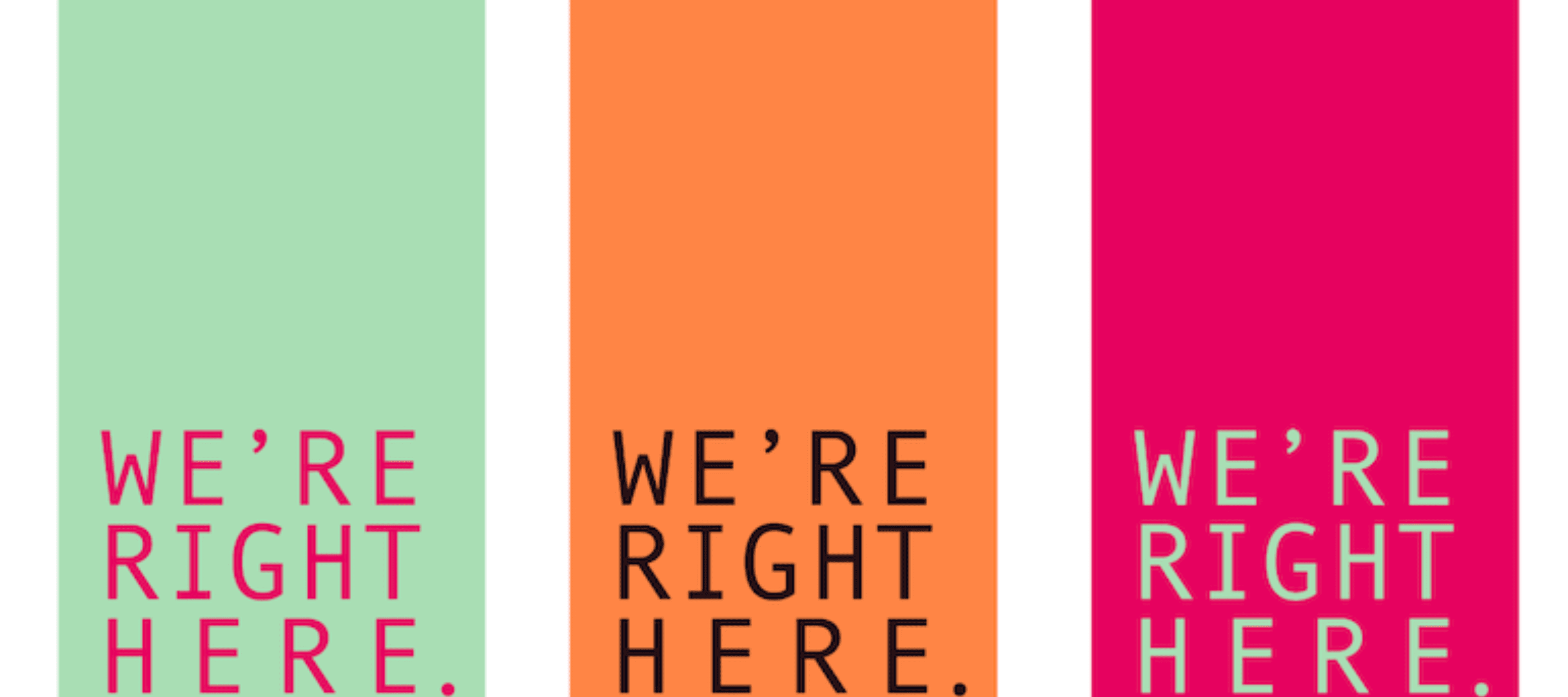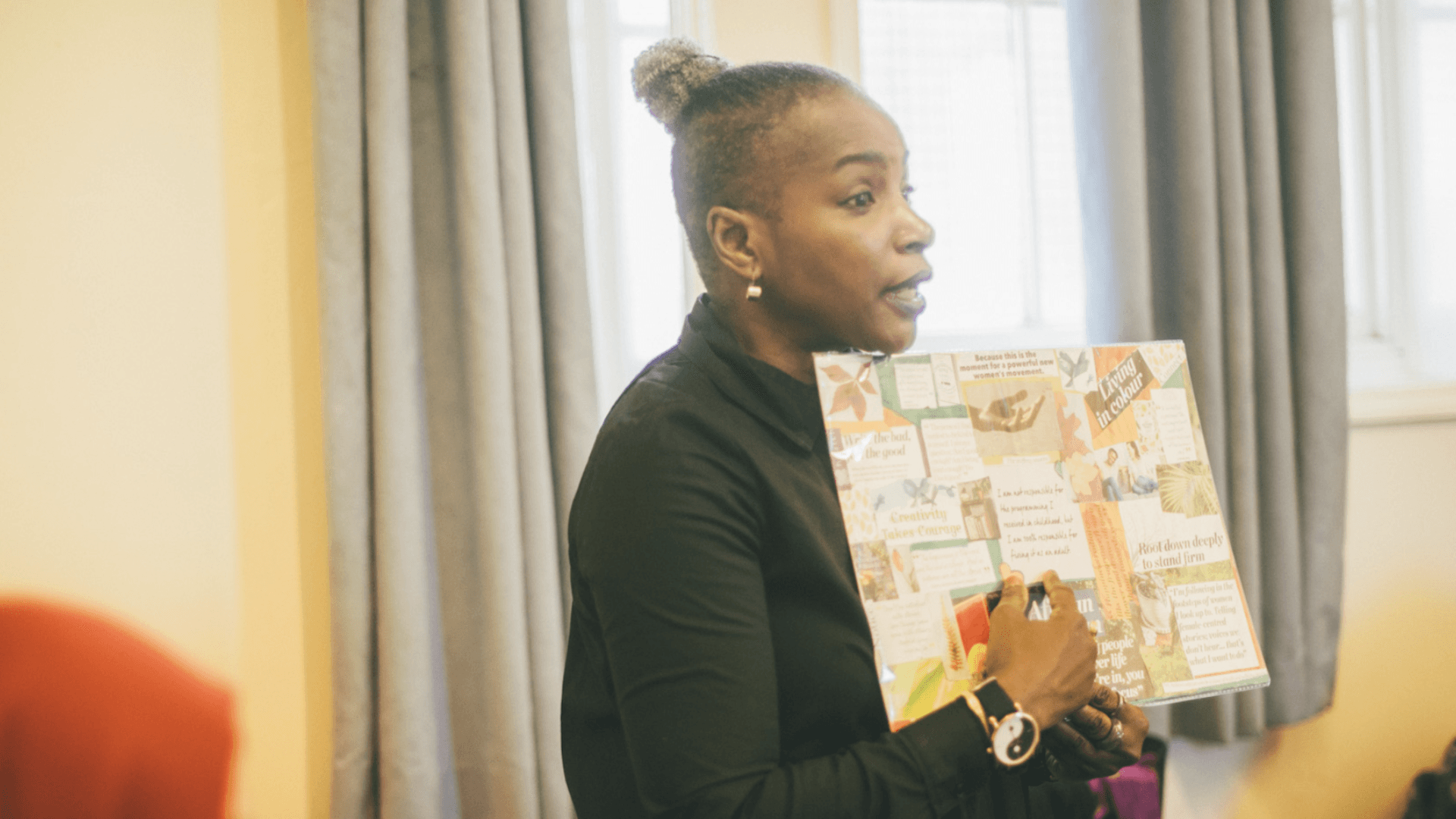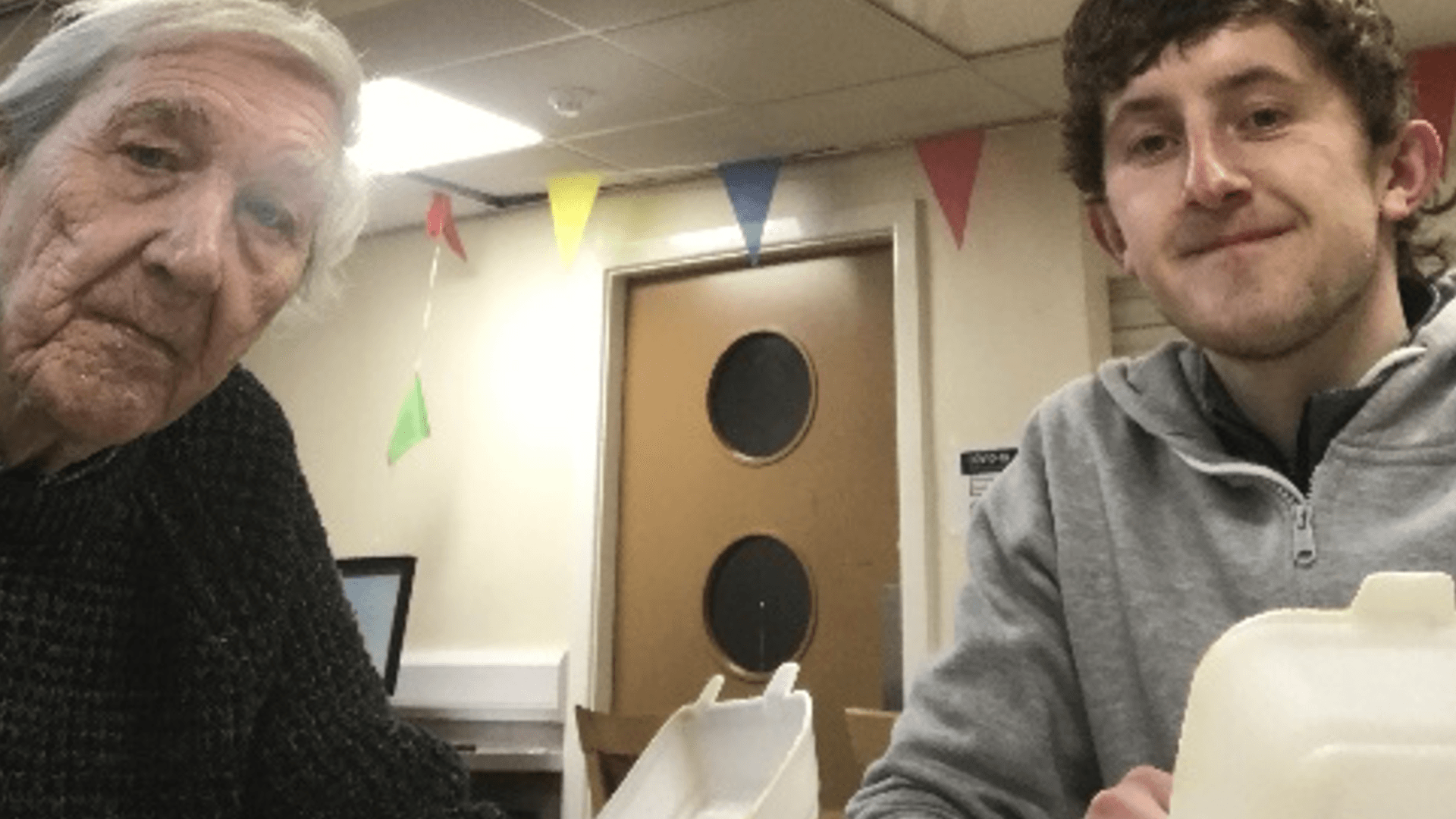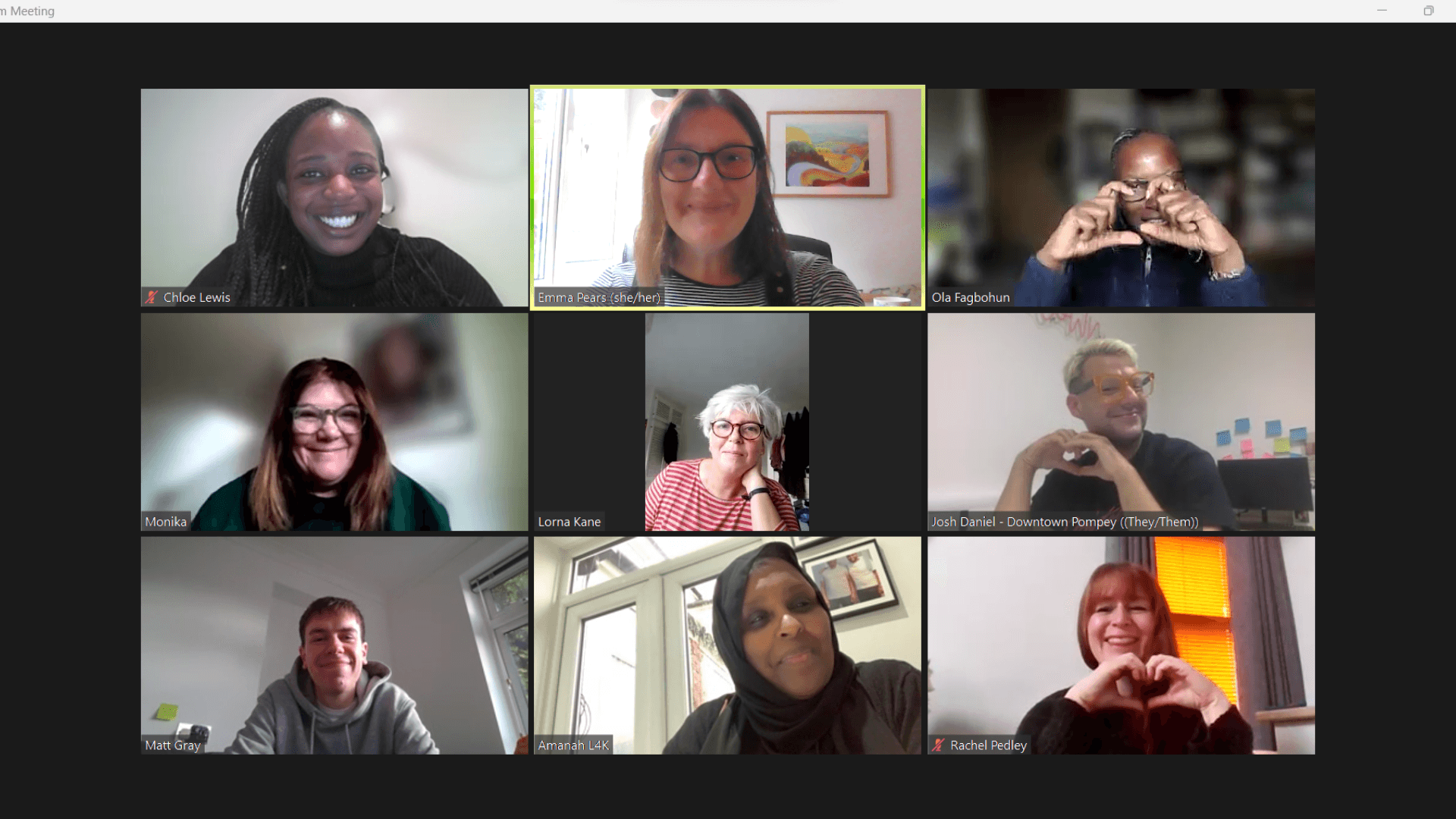
To build more connected communities we need a Community Power Act
Posted by The Cares Family on 13th May 2022
Please note: this post is 45 months old and The Cares Family is no longer operational. This post is shared for information only
Social connection and community power fuel one another. Here’s how.
At The Cares Family, we see time and again in our day-to-day work that more powerful communities are more connected communities. That local people with a sense of purpose and agency are able to tap into and draw upon community networks in a way that people charged with making decisions on their behalf in distant centres of power simply aren’t. That the nuances of how to build community in a village in Cornwall are understood best by the people who call that village home – and that the most effective approaches to dismantling disconnection in a town in Nottinghamshire will reflect a deep understanding and love of that town which is seldom captured in government strategies.
We also know that less connected communities are less powerful communities. It’s common sense that we can only hope to band together as neighbours to achieve a shared goal if we are able to put a certain amount of faith in one other’s plans and abilities – but social scientists have shown that feeling less connected to our communities constrains our ability to trust one another. We also typically require those in whom we see less of ourselves to do more to earn our trust. As a result, those of us who live in socially mixed areas but who don’t actually meet, mix and develop a sense of affinity with people from different social and cultural backgrounds and generations are especially unlikely to join with our neighbours to improve the lot of our place. In fact, some political scientists contend that a lack of social links between social groups can set in motion the loosening of ties within groups, as declining levels of trust cause people to withdraw from community life.
In addition, even where people who aren’t anchored in deep and diverse networks do seek to play an active role in the life of their community, they’re generally less inclined to take part in community-led responses to issues which don’t directly affect them. Empathy is often described as a ‘muscle’ – in the words of Stanford University psychologist Jamil Zaki, ‘left unused, it atrophies; put to work, it grows’. The more time we spend apart and estranged from others, the less capable we become of understanding perspectives and experiences which differ from our own – of walking a mile in a neighbour’s shoes.
In these ways, social disconnection cuts community power off at the knees. Action to strengthen social ties is, then, a necessary first step towards forging more powerful communities in which local people are able to seize on opportunities to shape their areas and futures and to exercise power collaboratively and well.
An understanding that social connection and community power fuel one another runs through everything which The Cares Family does.
It’s reflected in our increasing focus on empowering older and younger neighbours to shape and lead social clubs even as we seek to develop our own understanding of what works in enabling people to positively and meaningfully connect intergenerationally. In the way in which our leadership development programme The Multiplier is at once aimed at giving community leaders the tools they need to deepen the impact of initiatives built to meet the specific needs of their place and at sharing what we have learned about the benefits of working relationally. And in the manner in which our advocacy for policy action to spur on the development of new civic institutions which work purposefully to build community and connection is complemented and reinforced by our work in driving forward We’re Right Here: The Campaign for Community Power.
The We’re Right Here campaign draws together an inspiring group of community leaders and numerous policy organisations who are united by a shared belief that we will only overcome the challenges we face if we break open the pockets of power and powerlessness which shape modern Britain and drive decision-making downwards and outwards to communities.
The campaign kicked off publicly in November and has since taken considerable strides towards its goal of building a strong, united and agenda-shaping movement for community power, spanning places across the UK as well as the political spectrum.
Today marks a huge moment for the campaign, as it launches its proposal for a new law which would fundamentally alter where power lies in our country – a Community Power Act.
This totemic piece of legislation would introduce a number of new permanent and unconditional community rights to put power in people’s hands. It would enable community organisations and local authorities to draw down on a range of new powers and pool their capacities through forming Community Covenant partnerships. And it would establish an independent Community Power Commissioner to hold the government accountable for its performance in upholding communities’ right and drive cultural change across the public sector.
In placing communities in the driving seat, it would also put us on the road to becoming a country of neighbours, in which people feel part of something bigger than themselves. That’s why we at The Cares Family are so committed to the We’re Right Here campaign and the push to make its proposal for a Community Power Act the law of the land.
To read more about how a Community Power Act would change the UK and turbocharge the work of community-building programmes like those delivered by The Cares Family, click here.


